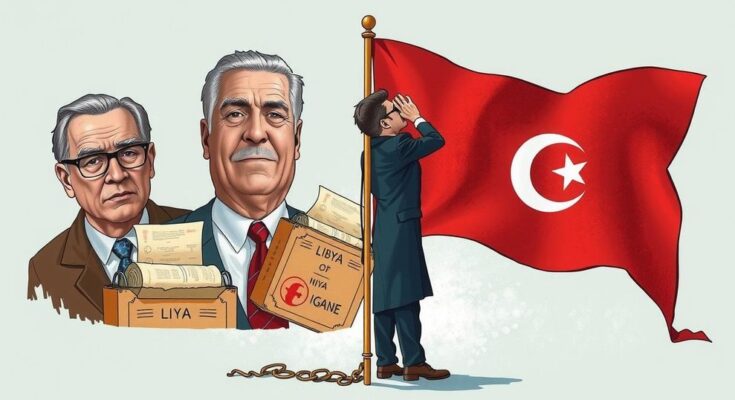The United Nations is forming a committee of Libyan experts to address electoral disputes and facilitate national elections, a process stalled since 2021 due to candidate eligibility disputes. The acting head of the U.N. mission in Libya, Stephanie Koury, highlighted the urgency of resolving these issues while also promoting military unification and national reconciliation.
The United Nations has initiated a new effort to address the political stalemate in Libya by assembling a technical committee composed of local experts. This initiative aims to tackle the contentious issues that have obstructed the country’s pathway to long-needed national elections. According to Stephanie Koury, the acting head of the U.N. mission in Libya (UNSMIL), the committee will focus on resolving outstanding matters related to electoral legislation, aiming for expedient elections supported by necessary guarantees and a clear timeframe.
The efforts to establish a functioning political process have been stalled since the collapse of the elections originally planned for December 2021 due to controversies concerning the eligibility of key candidates. The current political landscape includes a Government of National Unity (GNU) established under Prime Minister Abdulhamid al-Dbeibah in 2021, although it is no longer recognized as legitimate by the parliament. Despite repeated calls for elections from prominent political figures, public skepticism persists regarding their intentions, raising doubts about the authenticity of their commitment to facilitating a vote that may result in a loss of power.
Moreover, Koury indicated that UNSMIL remains dedicated to promoting the unification of military and security institutions and further advancing national reconciliation alongside its partners in these efforts. This comprehensive approach is essential in addressing the challenges hindering Libya’s political revitalization and is indicative of the international community’s ongoing support for a resolution to the prolonged conflict in the region.
Libya has been embroiled in conflict since the overthrow of Muammar Gaddafi in 2011, leading to a division between eastern and western factions, each governed by rival administrations. The political climate has remained unstable, particularly post-December 2021, when a scheduled election failed due to disputes regarding candidates’ eligibility. The U.N. has been mediating efforts to resolve these issues and to establish a legitimate governmental structure that can facilitate national elections, which are viewed as pivotal for progressing towards peace and stability in Libya.
In conclusion, the United Nations’ efforts to convene a technical committee of Libyan experts represent a significant step towards resolving the election impasse that has plagued the nation. As the U.N. strives to address electoral disputes and foster national unity, it is imperative that the political actors demonstrate genuine commitment to the process of achieving democratic governance through elections. The global community watches closely, hoping for progress in stabilizing this fractured nation.
Original Source: www.investing.com




